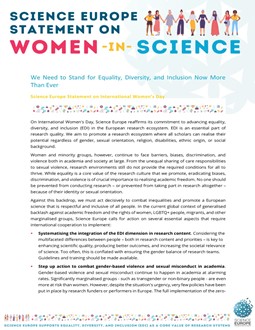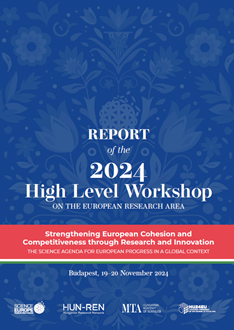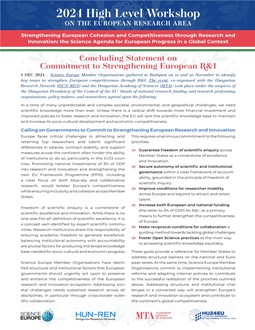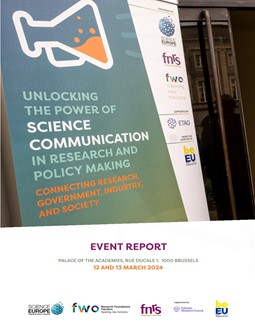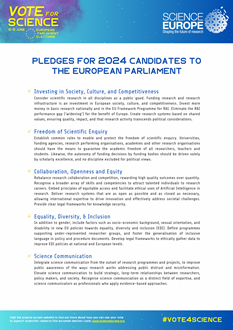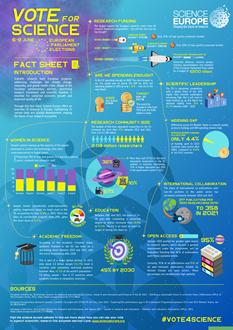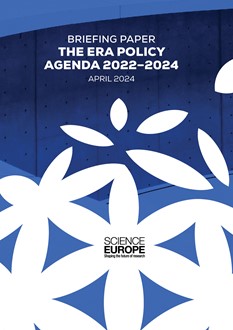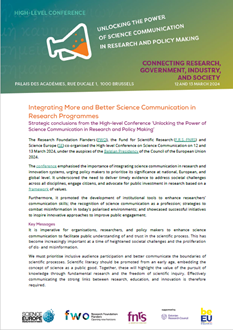What are the current priorities?
It is essential to research that scholars are free to communicate ideas or facts without the fear of reprisal, job loss, or imprisonment. To that end, they must be able to undertake their activities free from undue external interference. In some parts of Europe, academic freedom is no longer self-evident, with grave consequences for scholars, science, and society. The fundamental importance and value of academic freedom and institutional autonomy must be recognised and these values must be guaranteed to all scholars in Europe.
What is Science Europe doing to achieve these aims?
Science Europe promotes the fundamental importance of academic freedom and institutional autonomy. Together with ALL European Academies (ALLEA) and the European University Association (EUA), Science Europe published a statement calling on governments and public authorities to protect academic freedom, safeguard institutional autonomy, and respect funding and scientific decisions by research organisations.
This includes guaranteeing scholars the rights that underpin academic freedom - such as the rights to freedom of expression, opinion, thought, information and assembly, as well as the rights to diverse research and to engage in a trust-based dialogue with researchers and research organisations.


